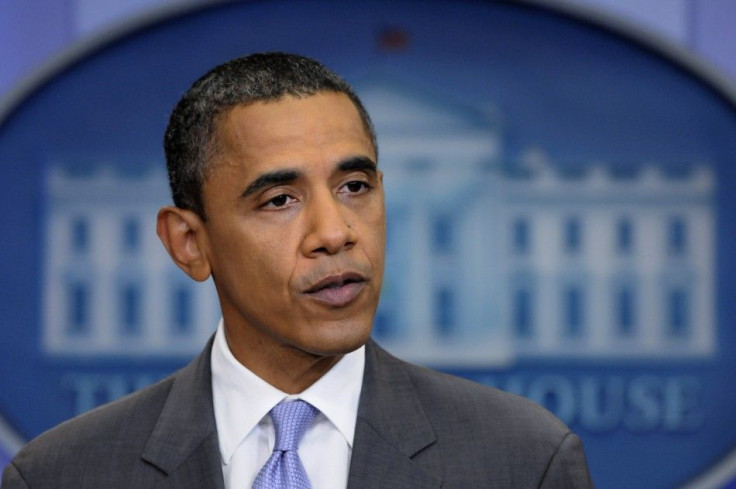Debt Deal Foreshadows Battle Over Bush Tax Cuts

By forcing Democrats to agree on a debt deal that does not include new revenue -- something they had insisted on throughout -- Republicans have scored a victory that affirms an intractable opposition to higher taxes.
But the next battle already looms on the legislative horizon: the expiration (again) of tax cuts enacted by President George W. Bush. Democrats on the bipartisan committee tasked with finding $1.5 trillion in deficit reduction in the second phase of the bifurcated debt deal will seek to raise new revenue by reforming the tax code, and they will have some leverage: President Barack Obama has vowed to veto any legislation extending the Bush tax cuts if the deficit reduction deal does not raise revenue through the tax code.
"The President has been clear that he's not going to sign an extension of the Bush tax cuts for the wealthy," a White House official told Reuters. "So absent any kind of comprehensive tax reform, you have $800 billion, roughly, of revenue that's going to be gained through the expiration of those tax cuts."
The debt deal includes a trigger that would automatically exact draconian cuts in the absence of a compromise. If Democrats once again face lockstep Republican opposition to new revenue, the possibility of setting off the trigger could make them reluctant to risk another protracted showdown over revenue.
But many Democrats are furious over a deal that seems to capitulate to Republicans. And just as they criticized Obama for extending the Bush tax cuts in 2010, many Democrats are questioning the president's apparent willingness to cede Democratic priorities in the name of striking a deal. So the pressure to generate revenue, either through the debt talks or putting an end to the Bush tax cuts, could be intense.
© Copyright IBTimes 2024. All rights reserved.











